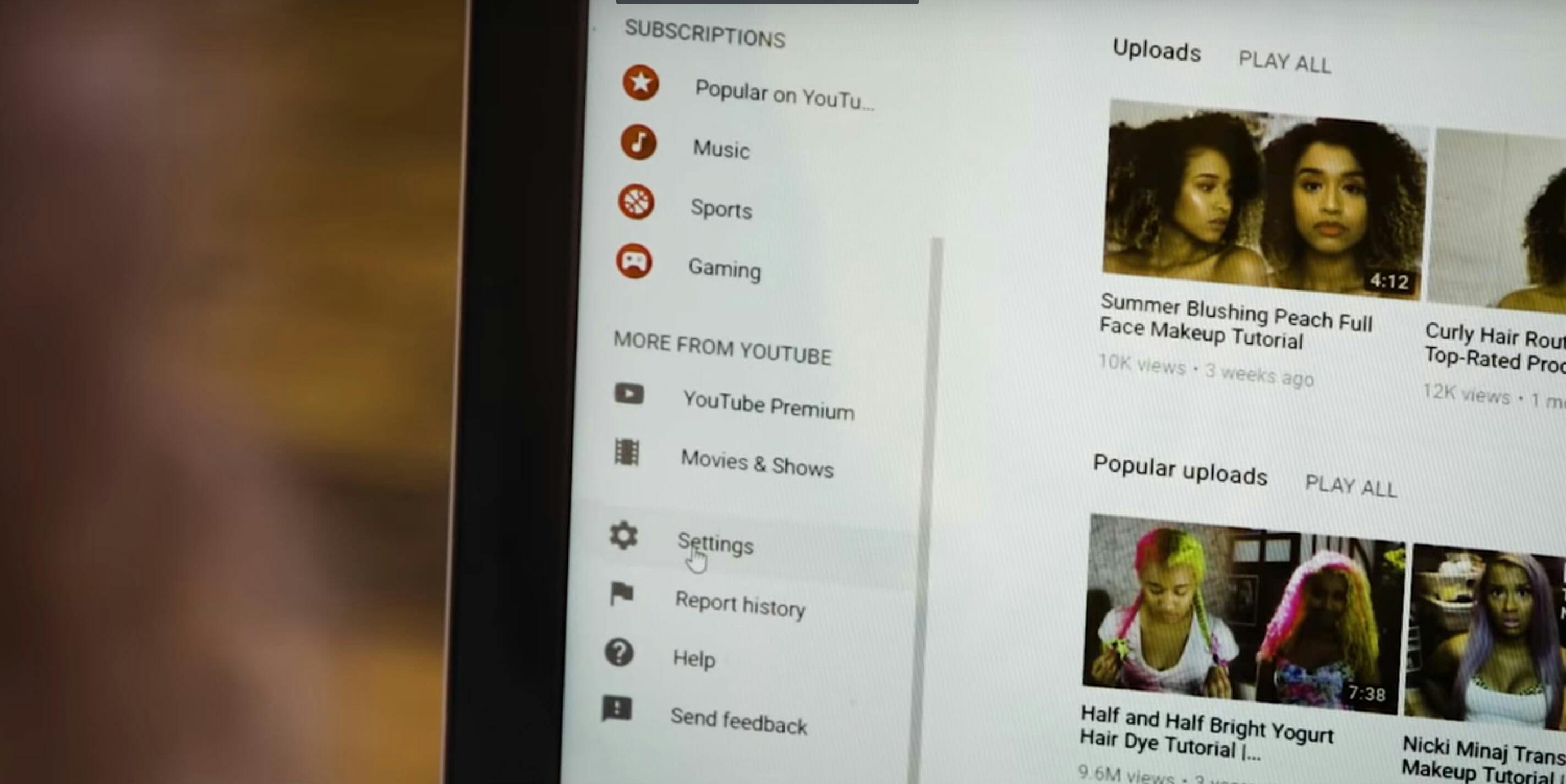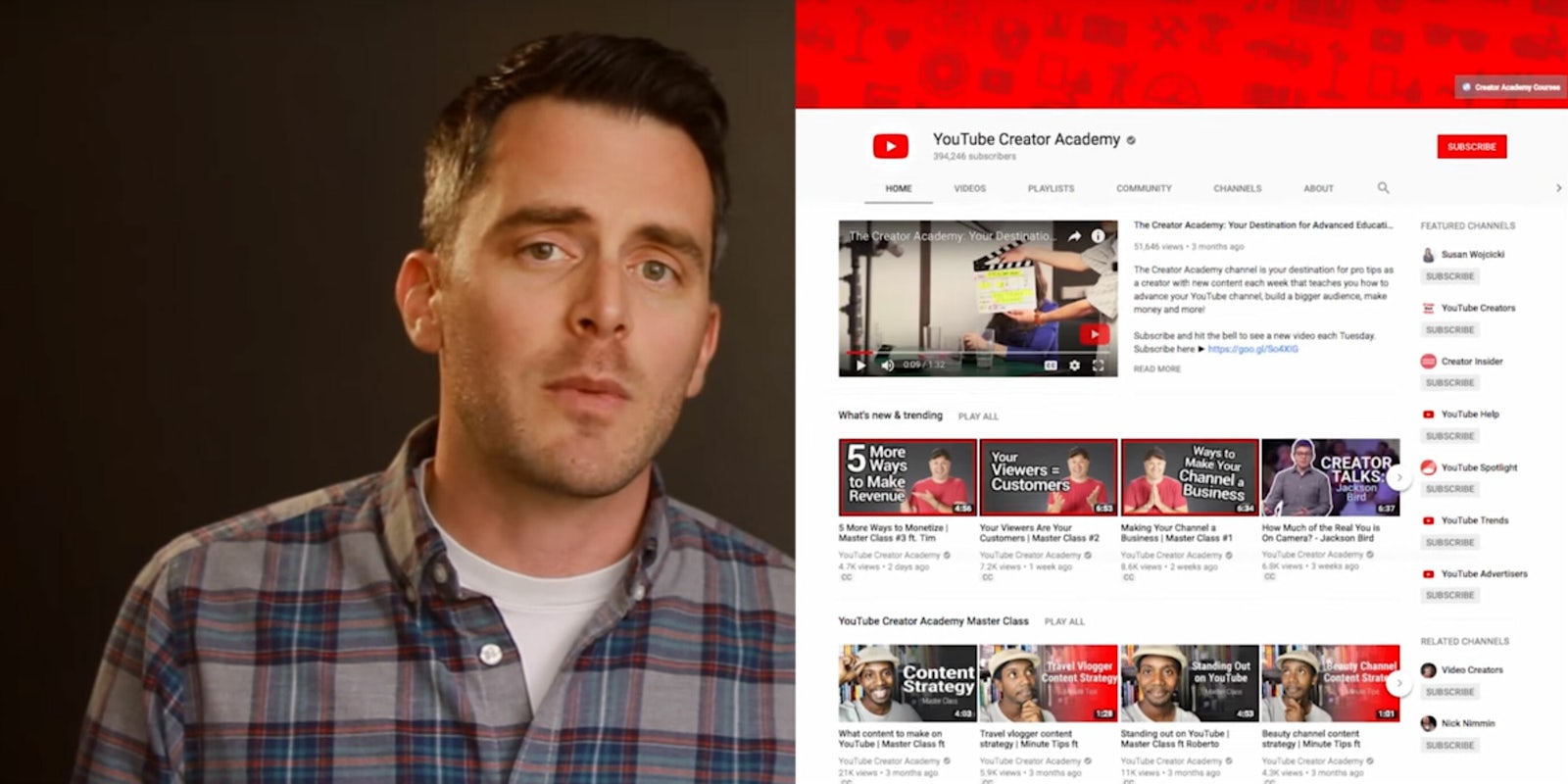Take a stroll through YouTube and you’ll inevitably come across videos showing the same few minutes of footage, but hosted on several different channels with no discernible difference. Sometimes it’s movie trailers, and sometimes it’s a viral video, but YouTube now says it is doubling efforts to crack down on channels that try to make money off of duplicated content.
In a blog post, YouTube explained how the new efforts will impact members of the YouTube Partners Program, which lets content creators apply to monetize their videos for personal profit.
YouTube describes the duplicative content as anything that meets some or all of these criteria: Content, “Appears to be automatically generated; Pulled from third party sources with no content or narrative added by the creator; Uploaded many times by multiple users and you’re not the original uploader; Uploaded in a way that is trying to get around our copyright tools.”

The most interesting bit about all of this is how it relates to YouTube’s copyright policies. While some users may have a license to repost content or apply the rules of fair use, YouTube will still demand that you add some meaningful difference. That could be as simple as putting your own commentary over the content, providing educational value, or making a different edit. Users who can abide by those rules will still get a paycheck.
YouTube says that this doesn’t necessarily mean it will be removing copycat videos, just ensuring they can’t be monetized. By all accounts, it seems YouTube is more interested in tidying up who they’re giving money to, rather than punishing copycat channels.
YouTube partners who get demonetized can either remove or reupload their videos with the aforementioned requirements after 30 days, at which point YouTube will reevaluate their status.
YouTube has also begun efforts to curb conspiracy theory videos by annotating such content with credible information sources.
H/T Mashable

